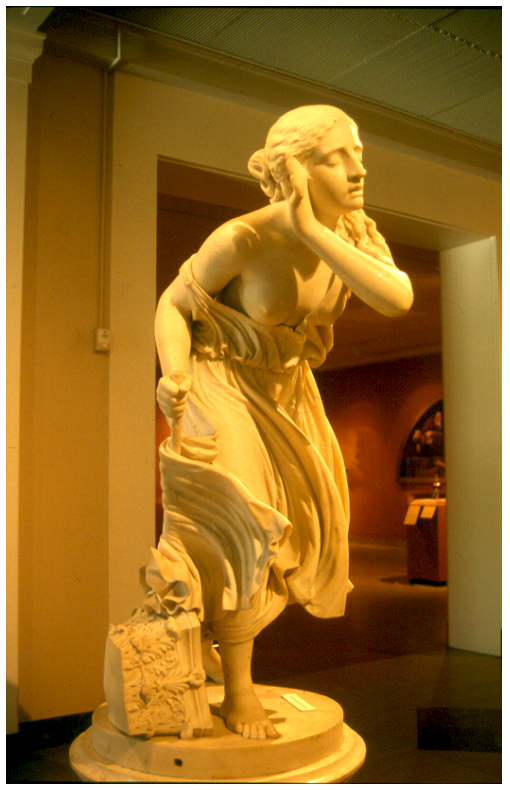人物>リットン
これは、Prince Vladimir Fedorovich Odoevsky (1803-1869) の未完の短編小説「4338-й год (The Year 4338)」のモチーフとなったと考えられてい
なお、英語版はオンラインにあり、国立国会図書館デジタルライブラリーにも複数の日本語訳がある。
また、Edward Bulwer-Lyttonは、ヴリルの元ネタである「The Coming Race (来るべき種族)」の作者でもある。
これは、Prince Vladimir Fedorovich Odoevsky (1803-1869) の未完の短編小説「4338-й год (The Year 4338)」のモチーフとなったと考えられてい
The Last Days of Pompeii is a novel written by Edward Bulwer-Lytton in 1834. The novel was inspired by the painting The Last Day of Pompeii by the Russian painter Karl Briullov, which Bulwer-Lytton had seen in Milan.[1] It culminates in the cataclysmic destruction of the city of Pompeii by the eruption of Mount Vesuvius in AD 79.
The novel uses its characters to contrast the decadent culture of 1st-century Rome with both older cultures and coming trends. The protagonist, Glaucus, represents the Greeks who have been subordinated by Rome, and his nemesis Arbaces the still older culture of Egypt. Olinthus is the chief representative of the nascent Christian religion, which is presented favourably but not uncritically. The Witch of Vesuvius, though she has no supernatural powers, shows Bulwer-Lytton's interest in the occult—a theme which would emerge in his later writing, particularly The Coming Race.
A popular sculpture by American sculptor Randolph Rogers, Nydia, the Blind Flower Girl of Pompeii (1856), was based on a character from the book.[2]
『ポンペイ最後の日』は、エドワード・ブルワー・リットンが1834年に書いた小説である。この小説は、ブルワー・リットンがミラノで見たロシアの画家カール・ブリュロフの絵画『ポンペイ最後の日』に触発されて書かれた[1]。AD79年のヴェスヴィオ山の噴火によるポンペイの街の大破壊を頂点として描かれたものである。
この小説は、1世紀ローマの退廃的な文化を、古い文化やこれからの流行と対比させるために、登場人物を使っている。主人公のグラウコスはローマに従属したギリシア人の代表であり、彼の宿敵アルバセスはまだ古い文化を持つエジプト人である。オリュントスは新興のキリスト教を代表する人物で、好意的に描かれているが、無批判に描かれているわけではない。ヴェスヴィオの魔女」は超能力を持たないが、ブルワー・リットンのオカルトへの関心を示しており、このテーマは後の彼の著作、特に「来るべき人種」に現れることになる。
アメリカの彫刻家ランドルフ・ロジャースの人気彫刻『ポンペイの盲目の少女ニディア』(1856年)は、この本の登場人物をモデルにしたものである[2]。
wikimedia commons
[1] Harris, Judith (2007). Pompeii Awakened: A Story of Rediscovery. I.B. Tauris. p. 166. ISBN 978-1-84511-241-7.
[2] "Exchange: Nydia, the Blind Flower Girl of Pompeii". exchange.umma.umich.edu. Retrieved 11 March 2020.
[ wikipedia: Lord Edward Bulwer-Lytton: "The Last Days of Pompeii" (novel), 1834 ]
なお、英語版はオンラインにあり、国立国会図書館デジタルライブラリーにも複数の日本語訳がある。
また、Edward Bulwer-Lyttonは、ヴリルの元ネタである「The Coming Race (来るべき種族)」の作者でもある。



コメントをかく